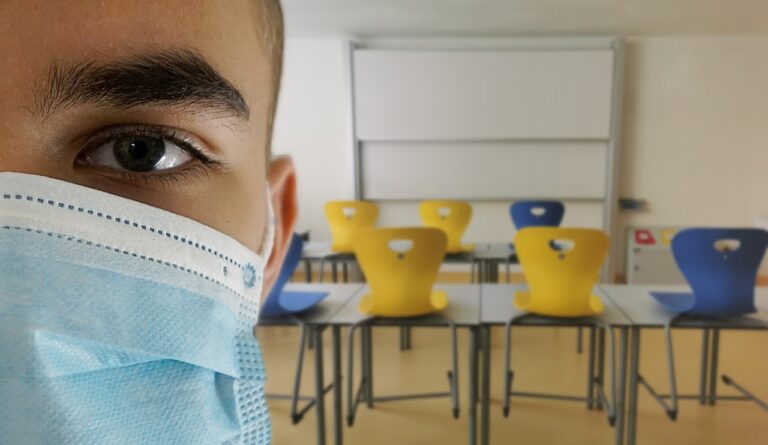The Evolution of Standardized Testing
Standardized achievement tests have become a common method of evaluating students’ academic performance across various educational systems. These tests aim to measure a student’s knowledge and skills in subjects such as mathematics, reading, and science in a standardized and objective manner. By providing a consistent evaluation tool, standardized tests allow educators and policymakers to assess student learning outcomes on a larger scale.
The implementation of standardized achievement tests has not been without controversy, as critics argue that these assessments may not fully capture the diverse range of student abilities and learning styles. Some have raised concerns about the potential for these tests to create undue stress and pressure on students, leading to a narrow focus on test preparation rather than fostering a well-rounded education. Despite these criticisms, standardized achievement tests remain a key component of the assessment and accountability measures in many educational systems worldwide.
Criticism of Standardized Testing
One common criticism of standardized testing is that it may not accurately measure a student’s true abilities. Critics argue that these tests often do not take into account the various ways in which students learn and demonstrate their knowledge. This can result in skewed results that may not give an accurate representation of a student’s potential or capabilities.
Another criticism of standardized testing is the argument that it promotes a narrow focus on test preparation and memorization at the expense of a more comprehensive and meaningful education. Detractors contend that the emphasis on standardized test scores may lead to a “teaching to the test” approach in schools, where educators prioritize exam-specific material over fostering critical thinking skills and a deeper understanding of the subject matter.
What are some common criticisms of standardized testing?
Some common criticisms of standardized testing include concerns about cultural bias in the tests, teaching to the test, lack of individualized assessment, and the potential for high-stakes testing to negatively impact students and teachers.
Are there any alternatives to standardized testing?
Yes, there are alternative forms of assessment that some educators advocate for, such as performance-based assessments, portfolios, project-based assessments, and formative assessments that provide ongoing feedback to students.
Do standardized tests accurately measure student learning?
Critics argue that standardized tests may not accurately measure student learning as they often focus on rote memorization and test-taking skills rather than critical thinking, creativity, and problem-solving abilities.
How do standardized tests impact students and teachers?
Standardized tests can create pressure and stress for students, leading to test anxiety and potentially impacting their mental health. For teachers, the emphasis on test scores can result in narrowing the curriculum and teaching to the test rather than fostering a holistic approach to education.





